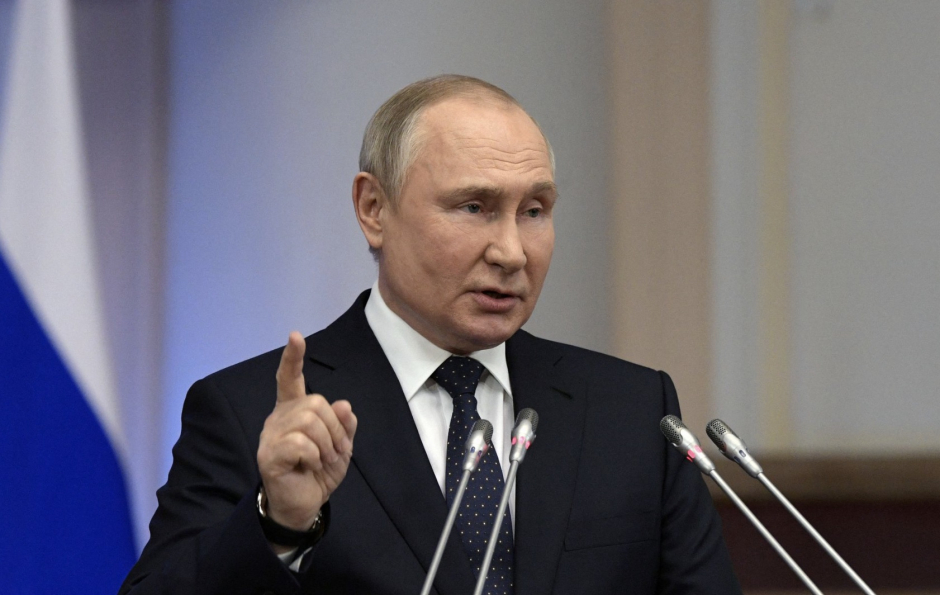In a landmark ruling, a Russian court has fined the popular messenger service WhatsApp 3 million roubles ($37,080) for its failure to delete prohibited content. This marks the first time that WhatsApp, which remains widely popular in Russia despite its parent company, Meta Platforms Inc., being banned in the country, has faced penalties for its inability to remove banned information.
The court’s decision comes in the wake of other social media platforms, including Facebook and Instagram, both owned by Meta, being fined for similar content-related violations. Twitter and Google, subsidiaries of Alphabet Inc., have also faced fines in Russia for non-compliance with content regulations.
While Meta’s other services have encountered legal challenges and fines in Russia, WhatsApp had previously been fined for its alleged refusal to comply with Russian data laws, particularly regarding the storage of Russian users’ data on servers within the country.
According to reports from the RIA news agency, the fine imposed on WhatsApp by the Russian Court was a result of the company’s refusal to remove information about the drug Lyrica, the sale and manufacture of which are prohibited in Russia.
Meta Platforms Inc., the parent company of WhatsApp, has not yet issued a comment regarding the fine. It is worth noting that Russia has been engaged in ongoing disputes with major technology companies, commonly referred to as Big Tech, concerning issues such as content censorship, data storage, and local representation. These conflicts have intensified since Russia’s military intervention in Ukraine in February 2022.
The fine imposed on WhatsApp signifies a notable escalation in the Russian government’s efforts to exert control over online platforms and ensure compliance with local laws. It highlights the growing scrutiny faced by foreign technology companies operating within Russia and serves as a warning to other messaging services and social media platforms.
The popularity of WhatsApp among Russian users cannot be overstated. The messaging app has long been favored for its ease of use, end-to-end encryption, and extensive feature set. Despite its parent company’s ban in Russia, WhatsApp continues to be widely adopted for personal and business communication.
This fine is likely to raise concerns among WhatsApp users in Russia about the potential impact on their access to the platform and the privacy of their communications. It remains to be seen whether this incident will lead to further restrictions or penalties on WhatsApp or other messaging services in the country.
The ongoing conflict between Russia and major technology companies has had far-reaching implications. In addition to fines and content-related disputes, Russia has introduced legislation that requires foreign technology companies to open local offices and store Russian users’ data on servers within the country. These measures have been met with resistance from some companies, citing concerns over user privacy and potential government surveillance.
The Russian government, on the other hand, argues that these measures are necessary to combat extremism, protect national security, and ensure compliance with local laws. The clash between the government’s regulatory efforts and the interests of global technology companies has created a challenging environment for both parties.
As the use of online platforms continues to grow and shape society, the intersection between technology and governance will remain a contentious issue. Striking a balance between protecting user rights, ensuring public safety, and upholding national laws will be an ongoing challenge for governments and technology companies worldwide.
In conclusion, the recent fine imposed on WhatsApp by a Russian court for its failure to remove banned content represents a significant development in the ongoing conflicts between the Russian government and major technology companies. This ruling underscores the government’s determination to regulate online platforms and sets a precedent for potential future penalties. The outcome of this case will undoubtedly have implications for WhatsApp users in Russia and may impact the broader landscape of internet governance in the country.
Read More:











